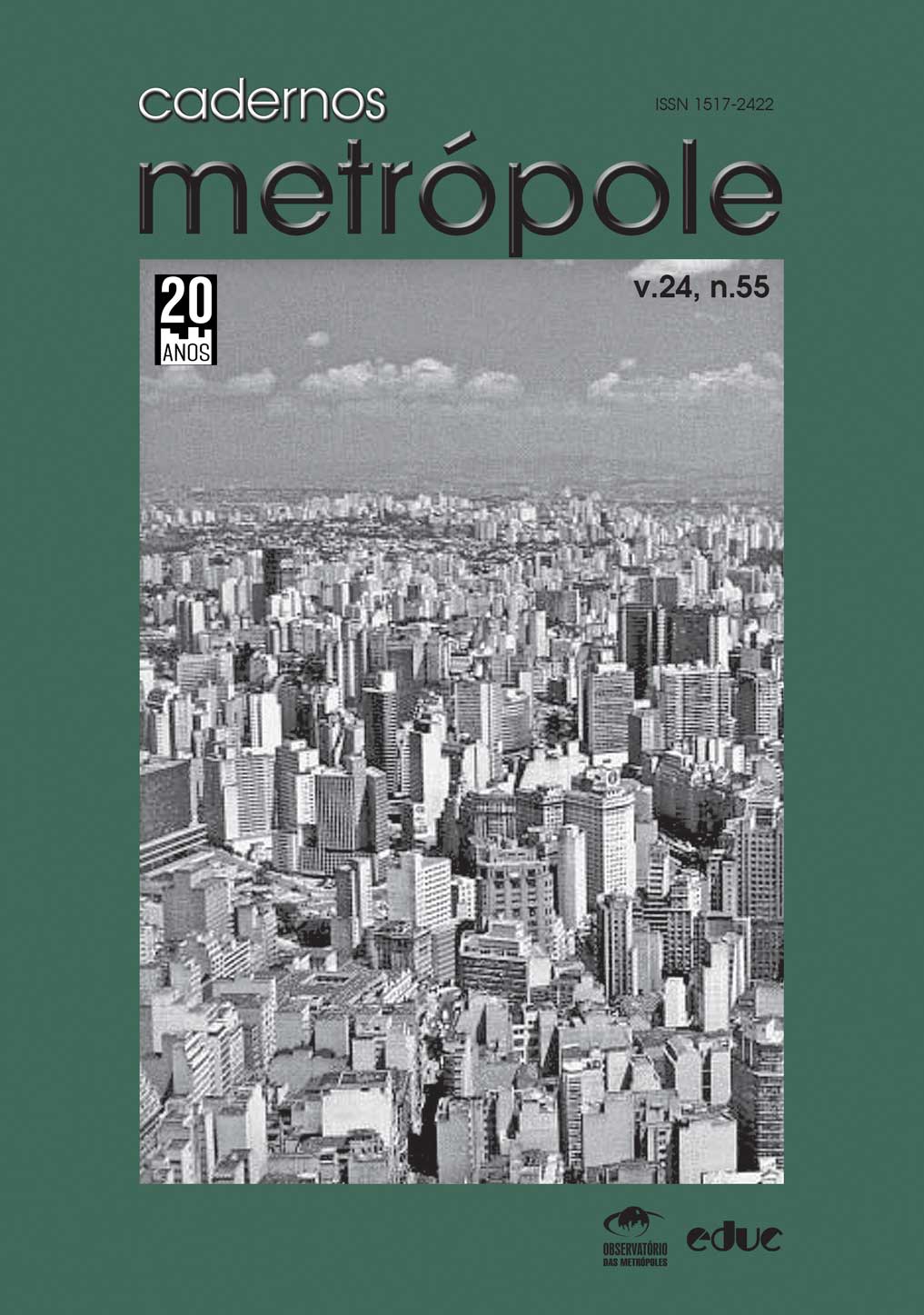Institutional models of Public-Private Partnerships: social housing in Brazil and the United States
DOI:
https://doi.org/10.1590/2236-9996.2022-5502Keywords:
Public-Private Partnership, Casa Paulista, institutions, social housing, housing policyAbstract
This article analyzes the role played by institutions in the advance of Public-Private Partnerships in “vertical” concessions of social housing. This
qualitative study identifies and compares the institutional models of Brazil and the United States to determine their specificities in different contexts. Furthermore, it presents the case study of the PPP “Casa Paulista”, the first experience of the kind in the context of social housing in Brazil. From the analysis of the PPP’s life cycle, we learned how the institutional dynamics impacted the structuring of the project and identified the possible consequences of the adoption of this instrument for the housing policy. The results indicate that, although we identified an institutional orientation to promote the model, a greater standardization is needed to consolidate it.
Downloads
Published
How to Cite
Issue
Section
License
Copyright (c) 2022 Vinicius Nakama, Heloísa Macena

This work is licensed under a Creative Commons Attribution-NonCommercial-NoDerivatives 4.0 International License.
A revista não tem condições de pagar direitos autorais nem de distribuir separatas.
O Instrumento Particular de Autorização e Cessão de Direitos Autorais, datado e assinado pelo(s) autor(es), deve ser transferido no passo 4 da submissão (Transferência de Documentos Suplementares). Em caso de dúvida consulte o Manual de Submissão pelo Autor.
O conteúdo do texto é de responsabilidade do(s) autor(es).


